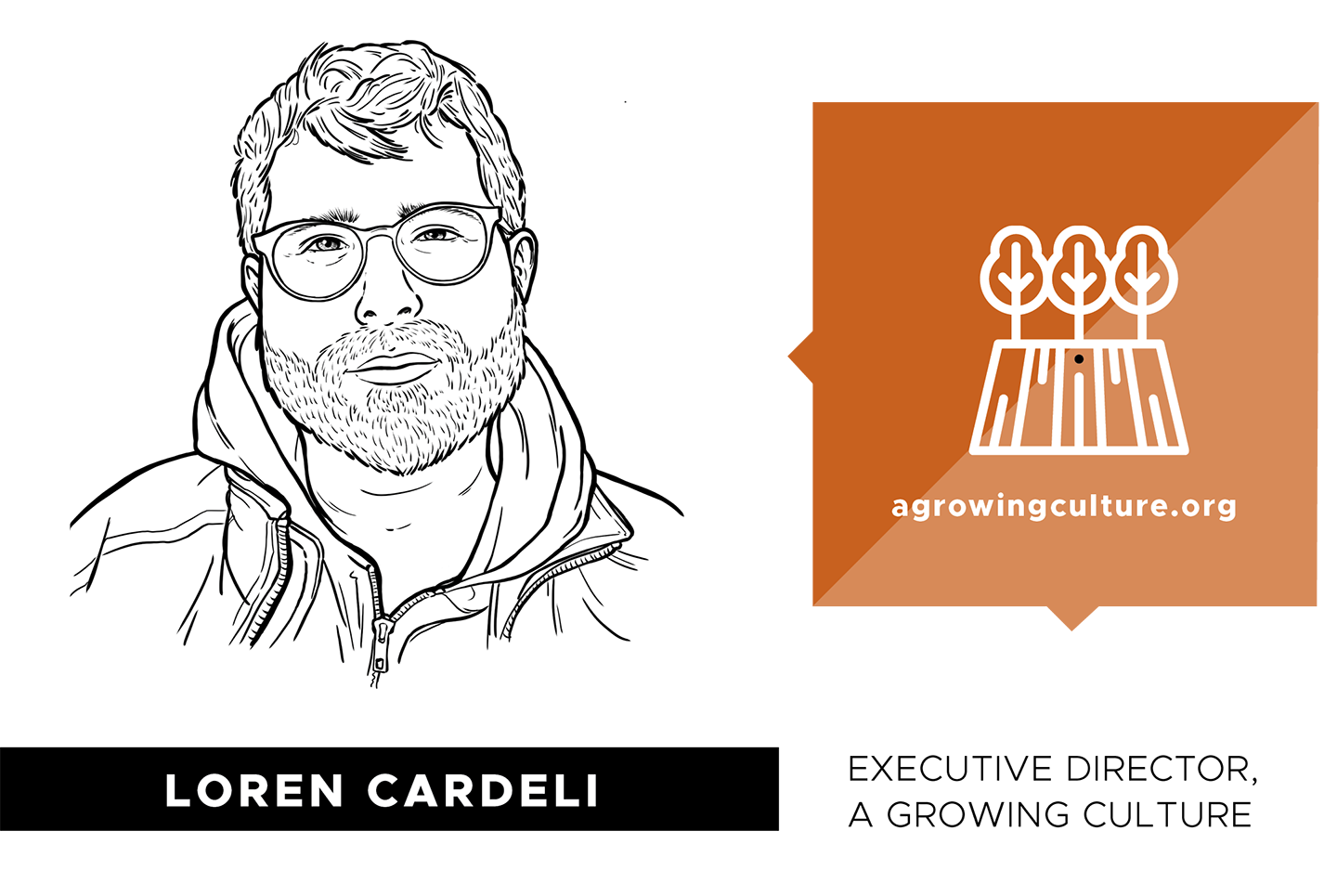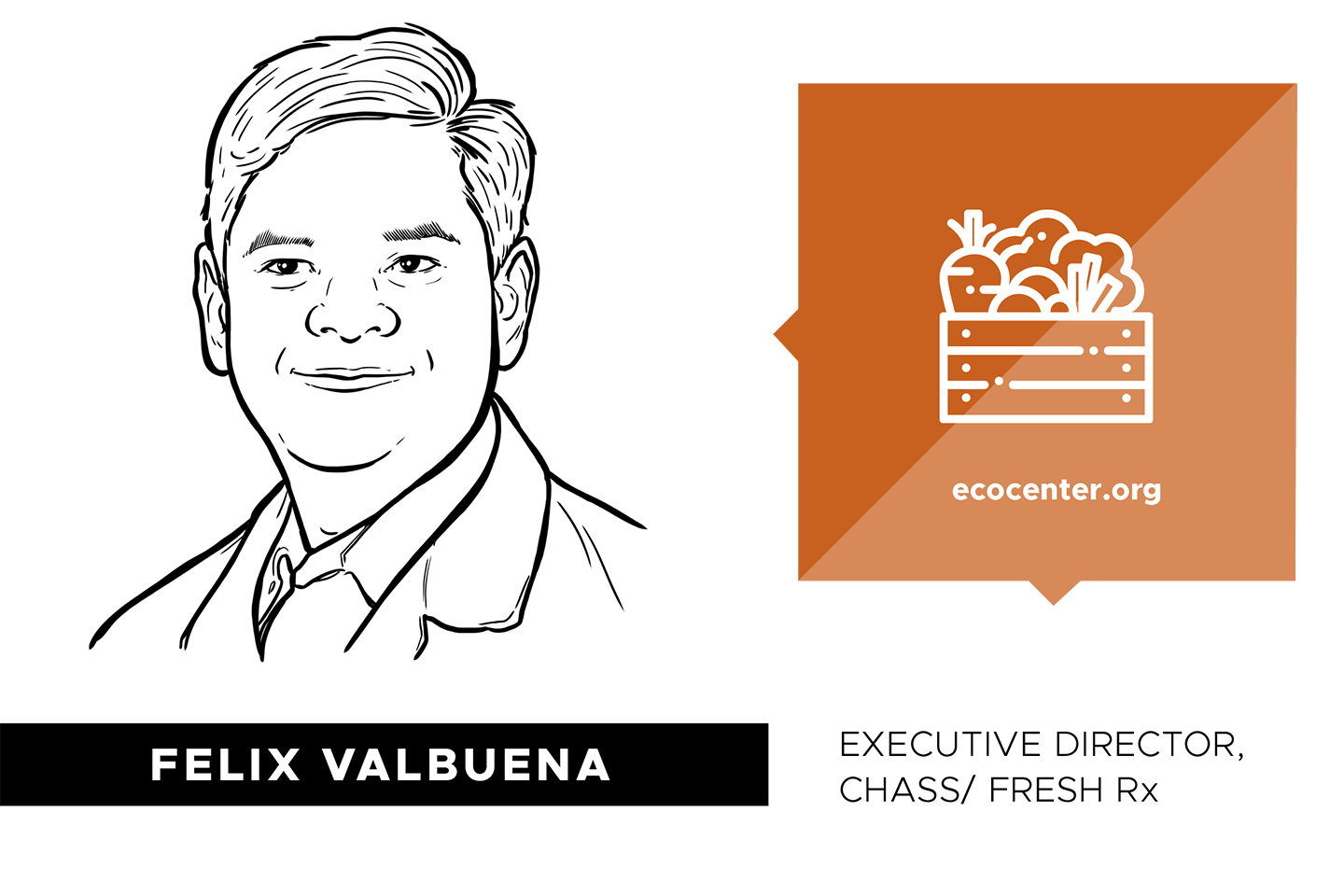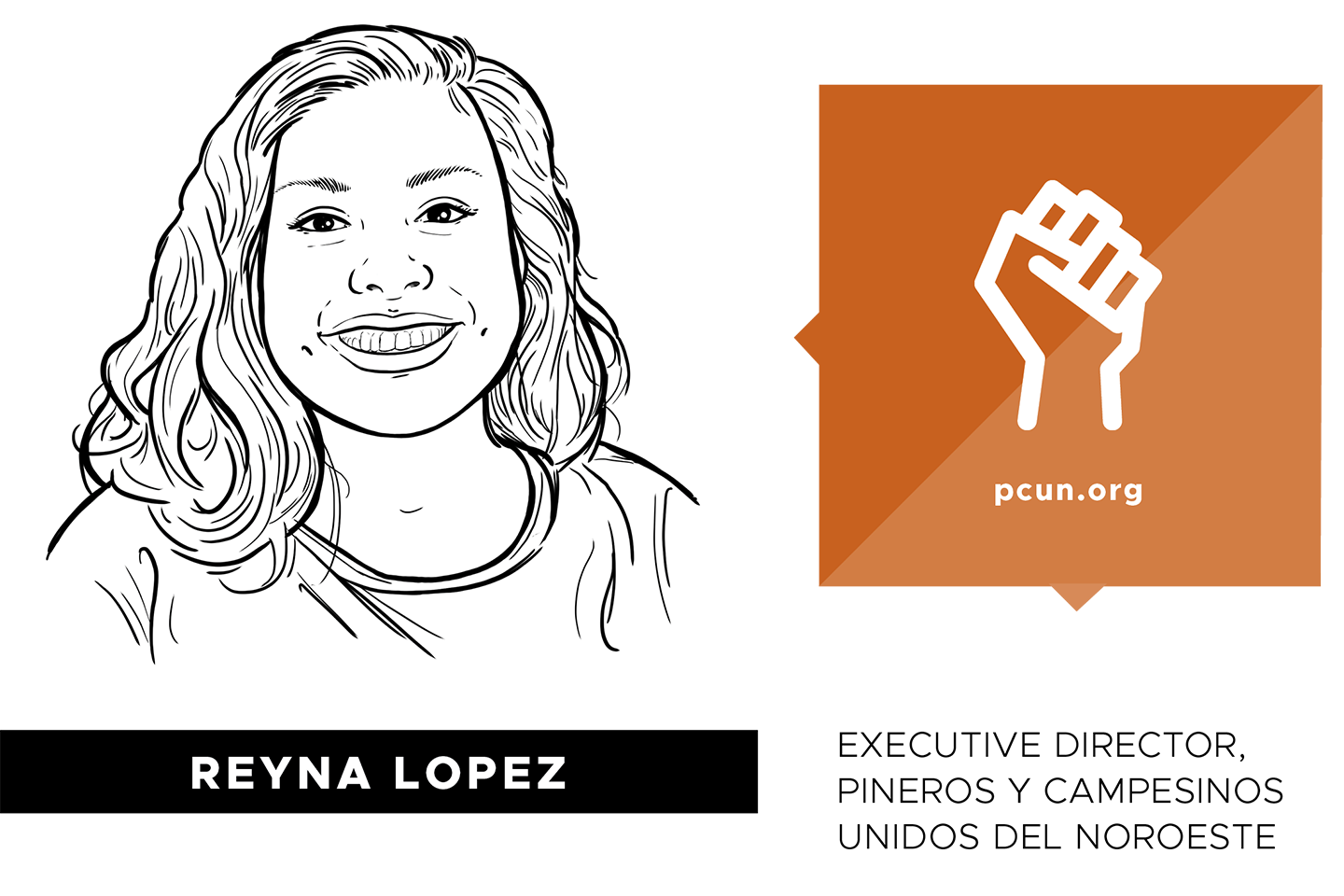Oregon Tilth’s Social Investment Project (SIP) partners with organizations, groups, and communities that are committed to equity in agriculture. We provide capacity building and program support funds to groups that focus on the historically underserved in the agricultural community, farm labor/worker communities, farm ownership opportunities, and socially equitable agriculture. Hear from some of the 2018-2019 SIP awardees.

What does or will success look like for AGC in its work?
Success would be society recognizing that farmers are innovators and supporting farmer-led research as a way to tackle some of the greatest challenges of our time. It is time to trust in the smallholder communities around the world to shape a food system based on equity, social justice and regeneration. We hope that the narrative can be changed and that finally society can put its faith in these communities and not just Wall Street or Silicon Valley.
Tell us one “big” thing you want our followers and members to know about AGC’s work (e.g., why it is vital or how it is implemented).
All of our programs are designed and implemented by the communities themselves. It is important that any work done in a community remains community-led and community-driven and fully benefits the community.
What does 2019 have in store for your organization?
The launch of our global platform: Library for Food Sovereignty — the world’s first digital platform of 100 percent farmer-led innovations and stories, designed by smallholder farmers themselves. This platform has been community-driven since its inception.
What goes into connecting authentically with the people you serve, and how do you overcome the inherent barriers of that work?
We form partnerships with lead farmers, co-ops and farmer-centric organizations. We do not compete with them, but look to support them in the work they are doing while fostering global alliances with like-minded organizations.

What does or will success look like for FreshRx in its work?
By delivering quality programming: increasing fruit and vegetable consumption, improving nutrition knowledge, promoting behavior change and supporting local farmers.
Tell us one “big” thing you want our followers and members to know about Fresh Rx’s work (e.g., why it is vital or how it is implemented).
Fresh Prescription is multisector, and our network members partner across health care competitors. The cross-sector collaboration is vital because the goal is to connect how people feel and their health to what they eat, and not just for participants but for providers, too.
What does 2019 have in store for your organization?
Expansion of the program to additional sites, extension of the number of weeks/cardloads for participants and more continuity and consistency across sites. The result will be increased knowledge among participants about the role of fruits and vegetables in a healthy diet, an increased ability to self-manage their disease and an improved quality of life.
What goes into connecting authentically with the people you serve, and how do you overcome the inherent barriers of that work?
It is key to ensure that the program reflects its participants. We spend time and effort listening to those we serve, and we use that to develop programming that best fits their wants and needs — all with the aim of helping to sustain healthy behaviors and improving their health.

What does or will success look like for PCUN in its work?
We want to see workers take a stand against exploitation in the workplace. We are looking to organize two worker summits focused on sexual harassment. We’re hoping to train 25 peer-to-peer farmworker support members. And we are hoping to collect 50 testimonies by the end of 2019 to begin educating the DOJ on the experiences of farmworker women in the fields.
Tell us one “big” thing you want our followers and members to know about PCUN’s work (e.g., why it is vital or how it is implemented).
Our model focuses on these kinds of workplace health projects to build a strong and empowered base of farmworkers and immigrant workers to advocate, educate and organize using the values of “si se puede,” dignity and respect.
What does 2019 have in store for your organization?
We’ll be focusing a lot on sexual violence. But we’re also going to organize workers around pesticide exposure and wages. We are looking forward to bringing the voice of farmworkers to key labor policies in Salem, including First Paid Family Medical Leave and the Oregon Corporate Accountability Act. In addition, we’re working with our affiliates at UFW to pass a farmworker overtime law at the national level.
What goes into connecting authentically with the people you serve, and how do you overcome the inherent barriers of that work?
Our staff is personally connected to the work in the fields. Many of us are first-generation children of farmworkers who struggled to put food on our own tables.
To learn more about SIP, please visit Get Involved.
________________
* Please note that 2017-2018 SIP awardees Multinational Exchange for Sustainable Agriculture (MESA) and the International Community Foundation (ICF) were also awarded grants for the 2018-2019 cycle.



















